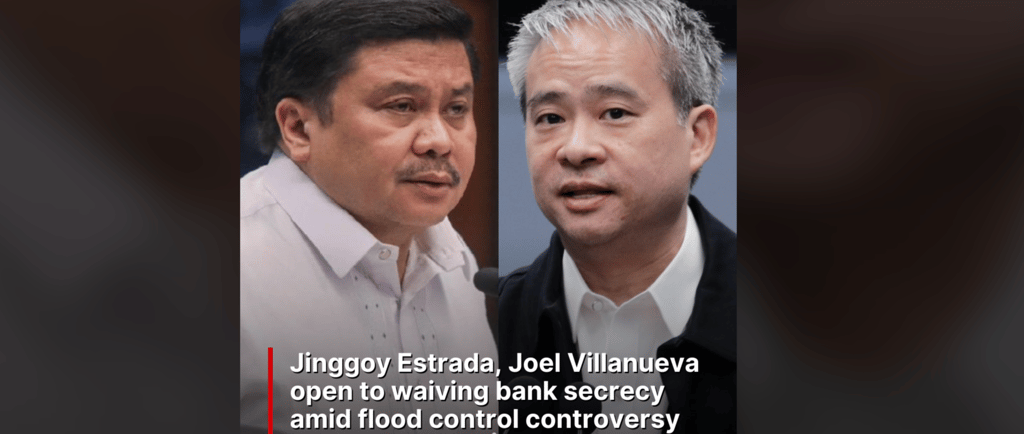Why Politicians Linked to Corruption Must Resign Immediately
Integrity Above All
THE EDITORIAL CHEESE
Patrick Petinglay Villavert
11/9/20253 min read


The bedrock of any functioning democracy is public trust. When that trust is eroded by allegations of corruption, the entire edifice of governance begins to crumble. In recent times, the distressing frequency with which politicians are linked to illicit activities has become a glaring concern. While legal processes are designed to determine guilt or innocence, the mere association with corruption—even before a preventative suspension order is issued—demands an immediate and unequivocal response: resignation. To delay is to further tarnish the integrity of the office, undermine public confidence, and perpetuate a culture of impunity.
The argument for immediate resignation rests on several critical pillars:
First and foremost is the preservation of the office's integrity. Public office is not a personal entitlement; it is a sacred trust. When a politician is credibly linked to corruption, the shadow of suspicion falls not just on the individual, but on the institution they represent. Every day they cling to power under such circumstances, they diminish the dignity and legitimacy of that office. Their continued presence sends a message that the standards of conduct are negotiable, and that ethical breaches can be tolerated as long as legal loopholes or delays persist. Resigning proactively, on the other hand, signals a profound respect for the office and the democratic principles it embodies.
Secondly, public confidence is fragile and easily shattered. Citizens expect their leaders to be beyond reproach, especially in matters of public funds and ethical conduct. When a politician under investigation for corruption remains in power, it breeds cynicism and disengagement. It suggests that personal power and political maneuvering take precedence over accountability. This erosion of trust can have far-reaching consequences, leading to apathy, disillusionment, and even political instability. An immediate resignation, even if later proven innocent, can serve as a powerful act of good faith, demonstrating a commitment to prioritizing public trust over personal vindication in the immediate term.
Furthermore, awaiting a preventative suspension order often means disrupting the essential functions of government. Investigations are inherently time-consuming and distracting. A politician under severe scrutiny is often preoccupied with defending themselves, rather than dedicating their full attention to their official duties. Colleagues may become hesitant to work with them, and public projects could stall under the cloud of suspicion. A preventative suspension, while necessary, still entails administrative processes and can leave a temporary void. Resignation, while equally creating a vacancy, allows for a swifter transition and minimizes prolonged operational paralysis caused by the shadow of corruption.
Some argue that resignation implies guilt, and that politicians deserve due process. This is a valid concern, and indeed, every individual is innocent until proven guilty in a court of law. However, holding public office carries a higher standard of responsibility. The court of public opinion, while not a legal entity, is a powerful force that determines legitimacy. The act of stepping down does not necessarily concede guilt; rather, it acknowledges that the appearance of impropriety is sufficient to compromise one's ability to effectively serve. It is an act of humility and a recognition that the institution is greater than any individual.
For a democratic system to thrive, its leaders must embody the highest standards of integrity. When a politician is linked to corruption, regardless of the eventual legal outcome, the damage to public trust and the office itself begins immediately. Waiting for a preventative suspension order is an insufficient response that prolongs the agony, deepens public cynicism, and further erodes the moral fabric of governance.
True leadership, in the face of such serious allegations, demands an immediate resignation. It is a sacrifice made for the greater good—a commitment to preserving the sanctity of public office and reaffirming that in a democracy, integrity must always take precedence. The long-term health of our democratic institutions depends on it.
